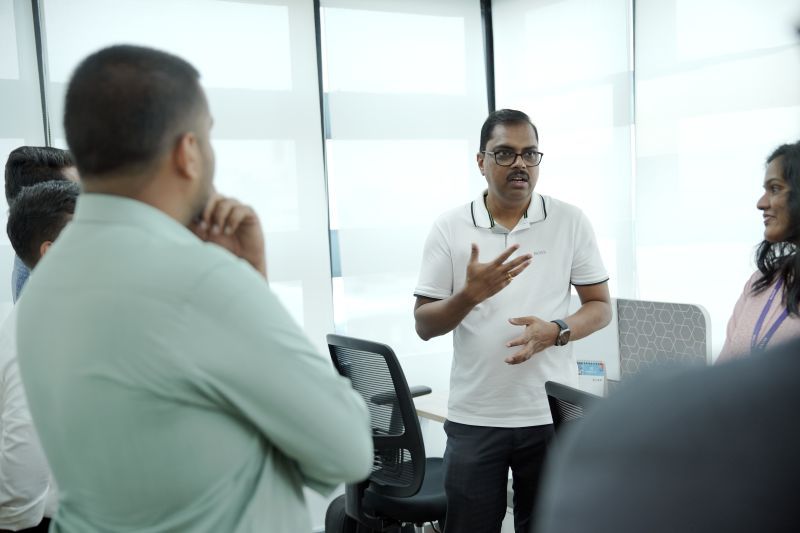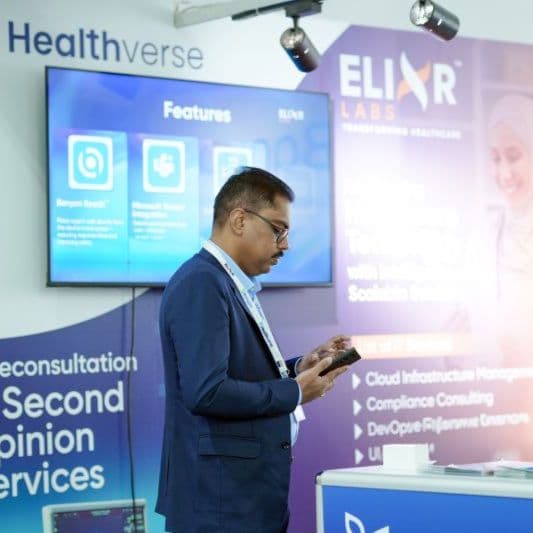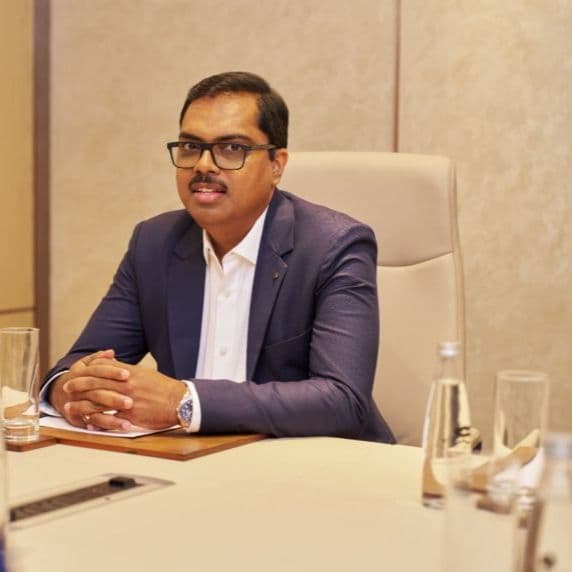
In today’s tech world, mass layoffs have become a recurring phenomenon that reverberates across industries. I have seen a company which I used to work with go through a mass layoff. While the organizations justify the decisions as necessary responses like restructuring or economic condition, it extends far beyond the said and known reasons. In fact, some of the best and most talented people often find themselves affected. At the heart of every layoff lies a human story of uncertainty and loss.
Quite contrary to popular belief, layoffs are rarely about individual performance. People who were sharp, diligent and good with their works are laid off from the company. Meanwhile those people who had ‘visibility’ in the right places got to stay. But that does not mean they were unfit for their jobs, they performed well too. But those who left deserved to stay.
For the employee, getting laid off is not just about losing job. It extends to financial uncertainty and psychological distress. For the organization, it creates a mistrust and may affect the reputation. And the teammates who stays develops fear and guilt.
This reality highlights a difficult truth in today’s workplace: doing good work while essential, is not always enough to ensure professional security and growth.
Good Work Isn’t Always Enough
An idea that is uncomfortable to voice, yet undeniable within organizations. We are often taught that consistent performance and hard work will give immense recognition. While it is basically the foundation of success, visibility has also become just important as capability.
Like a book that is never read! There wouldn’t be a lack in merits but goes unnoticed because it fails to reach the right eyes at the right time.
There would be hard work, solutions and results but those wouldn’t matter if it is not visible to the decision-makers. Visibility ensures that your effort is acknowledged.
Many professionals excel quietly in the background ensuring the projects are delivered on time, yet this go overlooked if they do not actively participate in discussions. Employees who actively engage with their team and leadership through collaboration, participation in offsites, tend to build stronger networks and be ‘seen’ in moments when tough decisions are being made. The offsite events are more than breaks from your work routine, they are the absolute catalysts for your growth.
There is a myth many professionals still cling to: If I just remain silent and do my job exceptionally, I will be recognized. Unfortunately, the modern workplace doesn’t always reward silence. While silent workers deliver results, the visible workers deliver results and make sure their impact is known.
The lesson here is not to work less or to prioritize visibility over substance. Instead, it is about balance.
Track Your Wins: Big or Small
Keeping a simple log of your accomplishments- whether it’s a major project delivered or a smaller achievement, create a record. Some of the most valuable contributions are subtle yet impactful.
Think of it as your highlight reel. Many workers assume that their managers will automatically remember their contributions. The reality? They won’t.
Why Tracking Wins Matters:
- Numbers speak louder than adjectives. When saying “I worked hard” can be seen vague, replacing it with the exact results in figures can be undeniable.
- Confidence booster. On tough days, looking back at your track record helps you remember your worth.
Communicate Your Impact
“Let the work speak for itself” no longer works in companies.
While high-quality works is undeniably the foundation of a career success, impacts should be communicated well enough to make it through the competitive environment. Communication is the basic key to make yourself visible. The ability to translate effort and articulate the results is what distinguishes the visible workers from the overlooked performers. This also builds credibility and trust.
Leave a Digital Footprint
Anything we present on online leaves a trace. Whether it is a LinkedIn post, or leaving a comment in the LinkedIn platform and engaging with professional social media platforms, we are constantly creating what is known as ‘digital footprint’. This has become a defining part of one’s professional identity. Exposure to digital platforms gives you visibility and also a window to different strategies, thereby helping you grow as well.
Leaving a strong digital footprint doesn’t mean that you are doing self-promotion, it is creating a value to your hard work. Curating your digital footprint is no longer optional, it is essential. The one you create should be thoughtful and consistent to what you wish to project.
Hard work and smart work together give you success.
This is not just for the employees but also for the founders.
Silent Excellence: Comfortable Yet Risky
Silent excellence can lead to stagnation.
It is the one person who presents value clearly known gets to stay when the layoff happens. The irony is that silent excellence can be viewed noble but would not be sustainable in a space where visibility drives progress.
Mass layoffs will always be difficult but they do not have to be defined by fear and silence. As a part of good leadership, for leaders, the challenge is clear and for the professionals, the lesson is vital. The call is simple- lead with compassion and communicate with honesty.
What has been your perspective on this? Can visibility define your professional efficiency?

The Smart Ring Era: Celebrity Backing And the Quiet Rise of Health Tech

The Gen Z Gap: Where Traditional Leadership Is Falling Behind

A $200,000 Lesson: Why Ignoring Your Gut Can Be the Most Expensive Mistake in Startups
